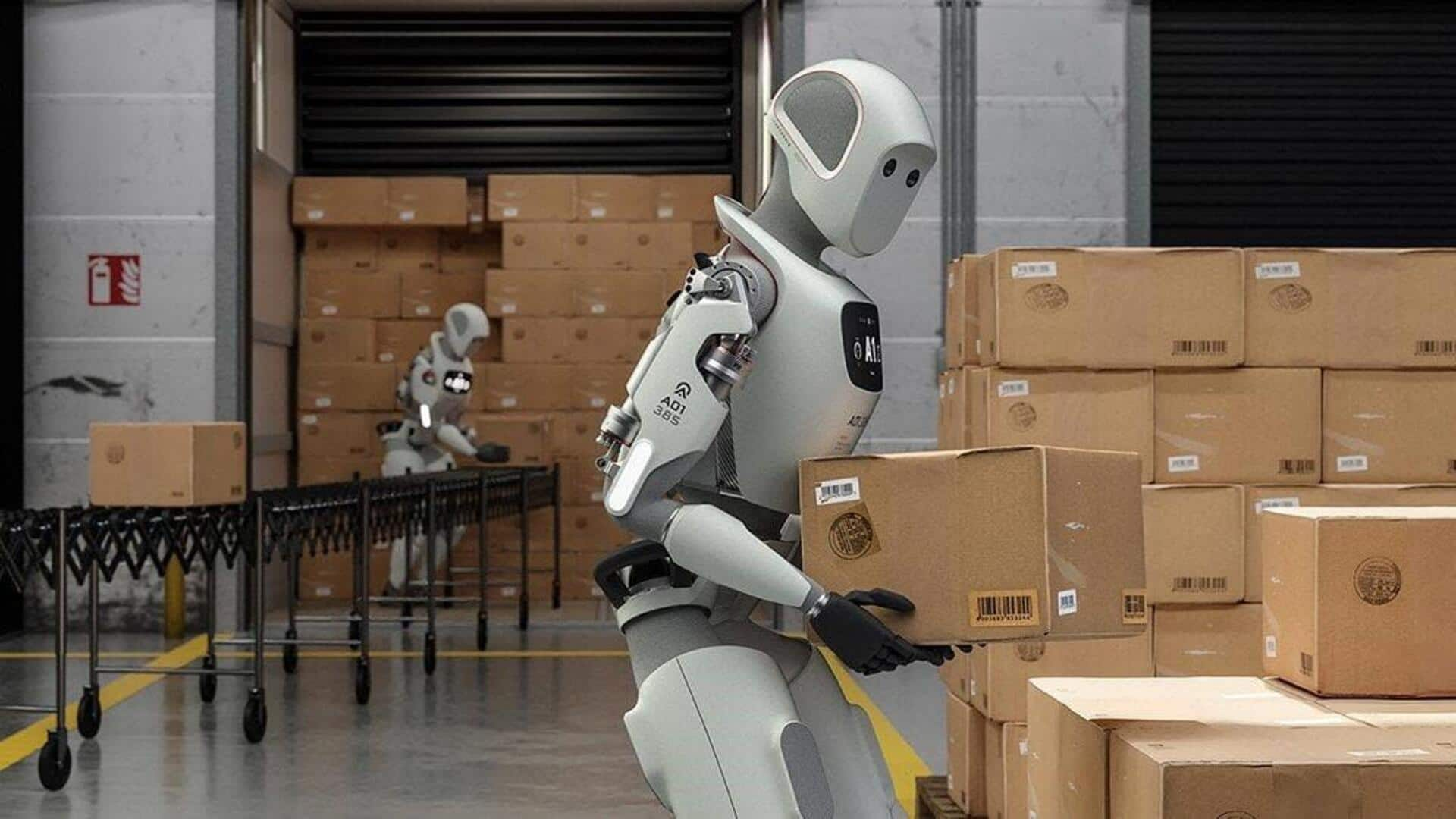
This game-changing tool allows robots to learn from each other
What's the story
A team of researchers at UC Berkeley in the US has developed an innovative tool called RoVi-Aug. The groundbreaking technology simplifies the learning process for robots, allowing them to transfer skills between different models without any human intervention. The development of RoVi-Aug marks a major step toward making robots more versatile and autonomous in various settings.
Skill transfer
A solution to skill generalization in robotics
One of the biggest challenges in robotics is allowing robots with different designs and hardware to share their learned skills. Imagine if a robot chef can teach a factory bot how to assemble parts; it could save time and open a whole new world of possibilities across sectors. However, existing robotics datasets are often skewed toward popular models like Franka and xArm manipulators.
Technological breakthrough
RoVi-Aug uses advanced diffusion models for synthetic demonstrations
The UC Berkeley team created RoVi-Aug to solve the problem of skill generalization. The system employs advanced diffusion models to produce synthetic demonstrations, varying both the robot types and camera angles. Basically, it creates a diverse set of realistic training scenarios that help robots learn more flexibly. RoVi-Aug's development is inspired by advancements in machine learning (ML), especially generative models with better generalization capabilities.
Component breakdown
2 key components for diverse training
RoVi-Aug consists of two key components: the Ro-Aug module and the Vi-Aug module. The former generates data for different robot systems, while the latter introduces diversity by simulating different camera perspectives. Combined, these modules produce a more holistic training dataset that helps robots adapt to new tasks more quickly, bridging the gaps between different models.